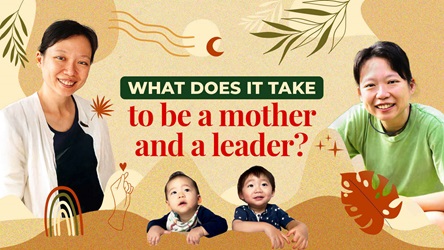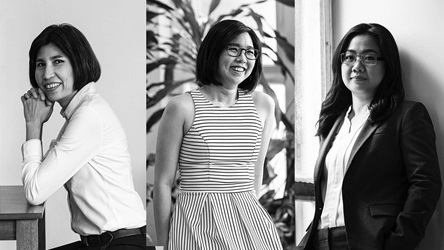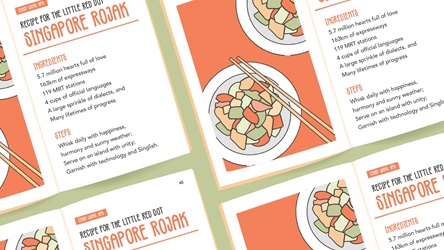“We Have To Build Trust In The Team”, Chew Men Leong
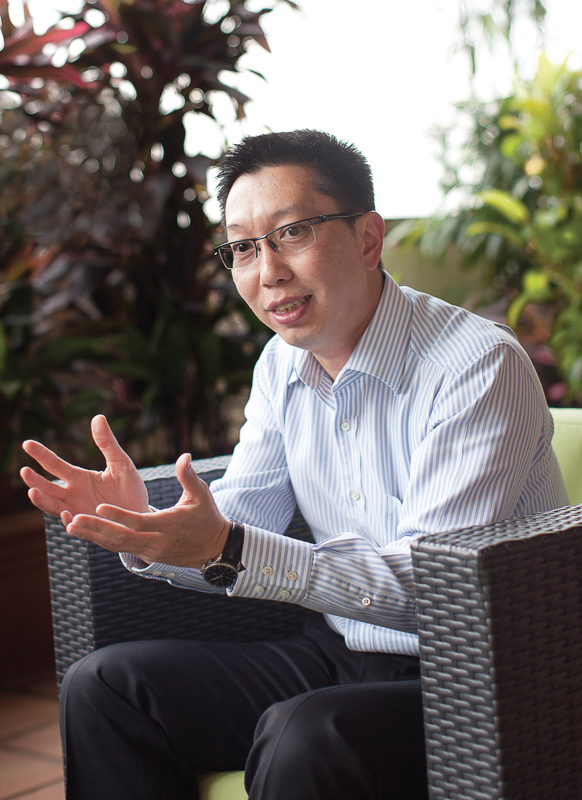
Sometimes a person's life has a running theme. In the case of Mr Chew Men Leong, there are two: the nation and water.
After 25 years of helming battleships at sea, the former Chief of Navy moved to head national water agency PUB in 2011.
What he learnt as a former military chief has stood him in good stead in his new job. He explains: “We are talking about values-based leadership which has been built up over the years, from the importance of building trust in the team, fighting for what’s right; to overcoming constraints to do what might previously be thought of as impossible.”
Lessons from the military
The son of a car mechanic and housewife, Mr Chew had once contemplated becoming a doctor like the rest of his Raffles Institution classmates, but the need for a scholarship to fund his studies led him to the Singapore Armed Forces (SAF).
That proved to be a calling. In his 25 years in the navy, he had been Fleet Commander and helmed various battleships. As Chief of Navy between 2007 and 2011, he was lauded for transforming its people development processes.
It is thus inevitable that the Navy has shaped the man and given him lessons that he applies in the Service, such as the need for a leader to earn his people’s trust.
He learnt that lesson when, as a 20-year-old, he was told to put on a bulletproof vest as ammunition was loaded into his ship’s guns. The ship was in a standoff with a foreign vessel in the waters of Pedra Branca. “There was concern that this tension could escalate, but on the ship there was clear trust between everyone. We were all listening to the decisions that the commanding officer made,” recalls Mr Chew. Fortunately no bullets were fired and the ships eventually dispersed.
During moments like this, it is important that the commanding officer has the trust of his officers, especially when he needs to get them to do things which may be unpleasant or uncomfortable, adds Mr Chew. “That means you not only have to empathise, you must also be ready to do what you ask them to do.”
Circumstances at PUB are arguably less strenuous, but he can think of a parallel: “Sometimes, we do encounter cross-agency issues and our own people may say, my job stops here. But they fail to see it from the citizen’s point of view.” Together with a larger team, Mr Chew then has to earn the trust of front line officers and persuade them to get out of their comfort zones and work across boundaries.
“We may face constraints but if we apply our minds [to them], we can achieve what people may initially think is not possible.”
Overcoming constraints
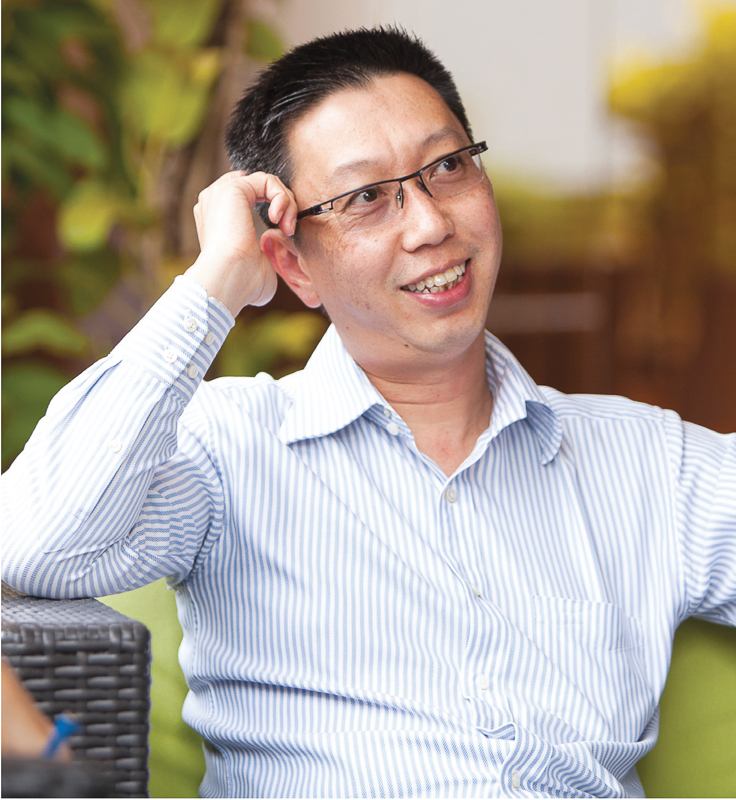
Acknowledging that demand for water will grow, Mr Chew expresses confidence that PUB can overcome its constraints with innovation, and create opportunities through new capabilities and technologies.
Currently, Singapore has built a system of four National Taps, where water comes from local catchment, imported water from Johor, NEWater and desalinated water.
Apart from studying the possibility of tapping groundwater, PUB is actively trying to lower the amount of energy consumed in the processes of desalination and treating used water. “These are two very big research areas and will be game changers in how we can continue to make sure water remains affordable… [But] water won’t be a limiting factor as far as the growth of Singapore is concerned.”

Ironically, one major challenge he has faced during his watch is a result of too much water. In response to the flash floods that have been plaguing Singapore in recent memory, Mr Chew publicly announced that PUB would develop higher drainage design standards and better flood management. “We were fully transparent with the public; told them where the floods were, our shortfalls, and what we needed to do.”
That said, apart from the floods and recent flap about the Water Wally shower dance, few in Singapore actually complain about water. If there is any risk, it is that people are too complacent about our water services.
Mr Chew, who has a 16-year-old son, says: “People feel secure as far as water supply is concerned. They turn on the tap [or] flush the toilet, and water comes down. Our topmost concern is how to get the younger generation to think about water as a strategic resource, [and] to conserve and value it.”
Water. Not from a bottle, which is environmentally unfriendly, but water from the tap!
- POSTED ON
Jul 24, 2013
- TEXT BY
Wong Sher Maine
- PHOTOS BY
John Heng






